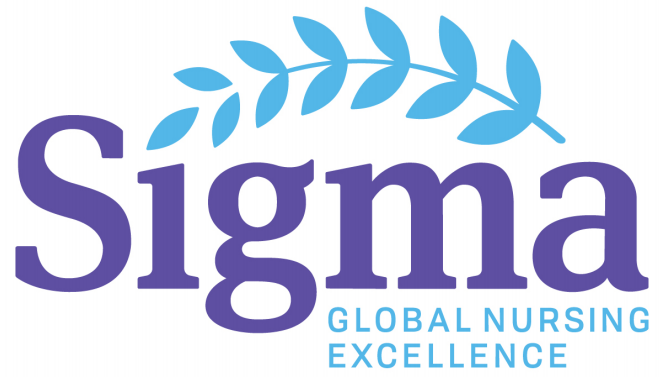Presenter Classification
Undergraduate Student
Presentation Type
Poster Presentation
Publication Date
4-14-2022
Start Date
14-4-2022 3:40 PM
End Date
14-4-2022 4:15 PM
Keywords
minorities, healthcare access, healthcare equity
Abstract Type
Scientific Literature Review
Abstract
Abstract
Introduction and Background: Minority populations struggle to gain access to equitable healthcare due to cultural variations and language barriers. It is paramount for providers to accommodate to the differing needs of underserved minority groups.
Purpose Statement: We analyzed information on the effects of community-based interventions aimed at improving healthcare access for minorities.
Literature Review: We used PubMed as our main database. For our search, we looked up the keywords “Healthcare Access AND Minorities.” Next, we filtered articles that had been published since 2017 and sorted to include clinical trials, randomized control trials, and meta-analyses. After that, we came across ninety-eight total articles, and picked five of the most critical.
Findings: From the first two articles, patient navigators have been shown to be effective in helping minorities navigating the information and decisions presented to them in healthcare. The researchers in the third study found that minority groups are at a greater risk for a health literacy deficit. Our next article found that African Americans treated with computerized cognitive behavioral therapy saw a significant decrease in anxiety and depression. Our final document found that lack of access to healthcare resources decreased dementia outcomes by missing the early onset of symptoms.
Conclusions: It is evident that minorities face healthcare disparities that keep them from receiving access to equitable healthcare. As a nurse, it is important to identify gaps in access to healthcare in minority patients. Interventions aiming to increase health literacy and access in minorities have shown to be effective.
Included in
Health Disparities in Minority Populations
Abstract
Introduction and Background: Minority populations struggle to gain access to equitable healthcare due to cultural variations and language barriers. It is paramount for providers to accommodate to the differing needs of underserved minority groups.
Purpose Statement: We analyzed information on the effects of community-based interventions aimed at improving healthcare access for minorities.
Literature Review: We used PubMed as our main database. For our search, we looked up the keywords “Healthcare Access AND Minorities.” Next, we filtered articles that had been published since 2017 and sorted to include clinical trials, randomized control trials, and meta-analyses. After that, we came across ninety-eight total articles, and picked five of the most critical.
Findings: From the first two articles, patient navigators have been shown to be effective in helping minorities navigating the information and decisions presented to them in healthcare. The researchers in the third study found that minority groups are at a greater risk for a health literacy deficit. Our next article found that African Americans treated with computerized cognitive behavioral therapy saw a significant decrease in anxiety and depression. Our final document found that lack of access to healthcare resources decreased dementia outcomes by missing the early onset of symptoms.
Conclusions: It is evident that minorities face healthcare disparities that keep them from receiving access to equitable healthcare. As a nurse, it is important to identify gaps in access to healthcare in minority patients. Interventions aiming to increase health literacy and access in minorities have shown to be effective.

